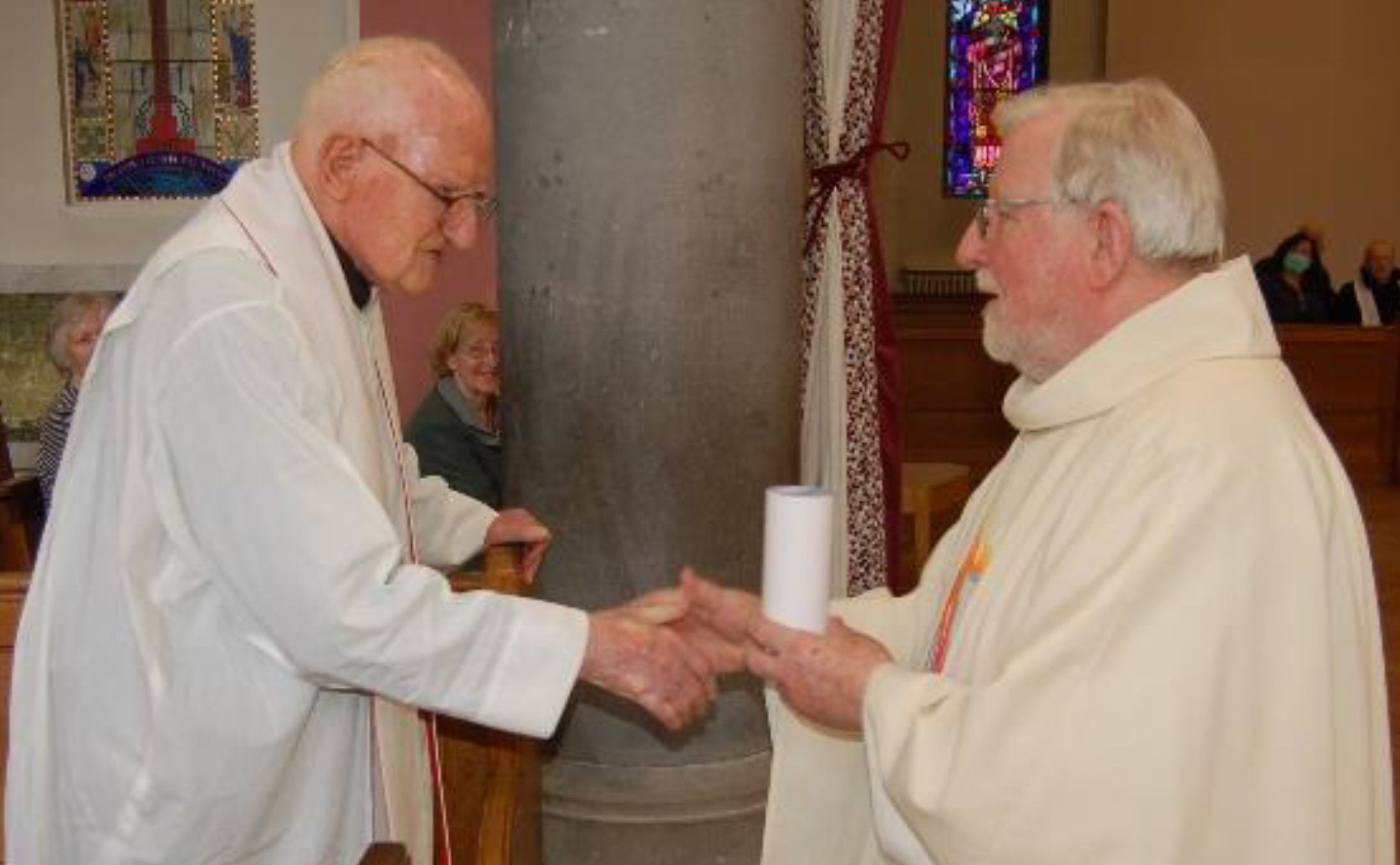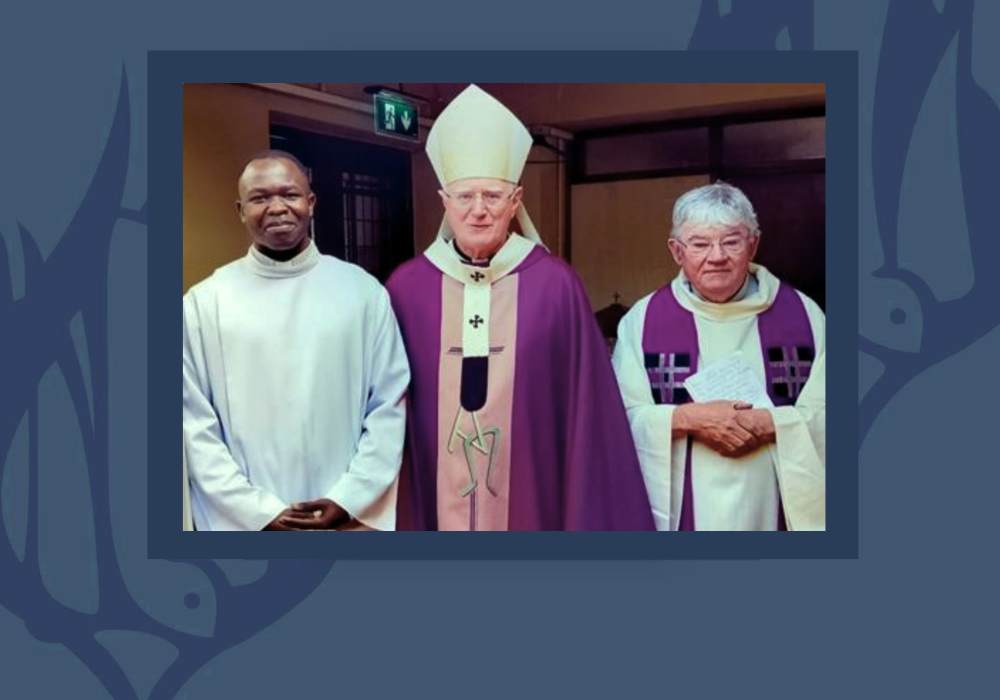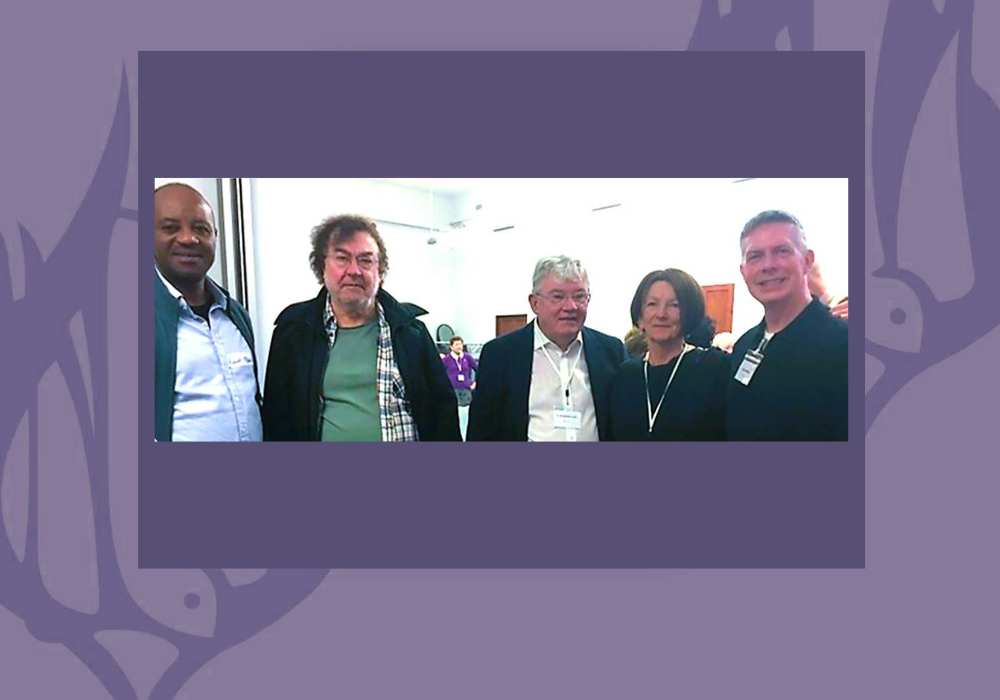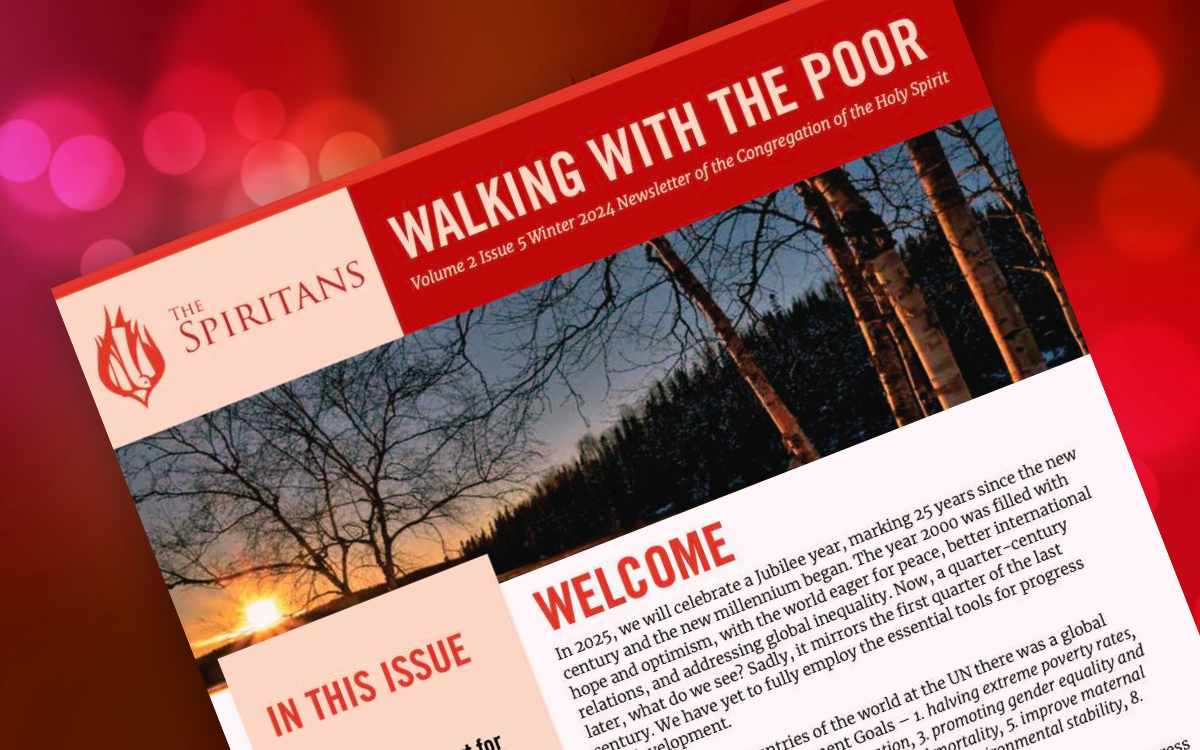Holy Week – what’s so holy about a story of betrayal, denial, trumped-up charges, mockery, cruel beatings and a barbarous execution? As we enter the Easter Triduum, we would do well to create a space where the scandal of what unfolds in these days can really hit us. Our engagement with the liturgy can be sanitised by our thinking that, since everything that happens is part of God’s plan or represents the “fulfilment of Scripture”, then it is just a mystery to be accepted in faith. We can be passive observers of the rolling out of the plan whereby Jesus had to die on the cross so that the gates of heaven might be opened to repentant sinners. However, the liturgy of these days and the Scripture at the heart of the Triduum would have us confront this scandal and understand it differently.
Holy Thursday
Passover is the defining feast for the Jewish people who see in it the beginning of their covenant with Yahweh, the “I AM”, their God who knows their suffering and who sets out to deliver them from oppression. Understood this way, the covenant is not a contract to be kept so much as a calling to be lived. The Passover celebration is a time to know who God is and so this is the perfect feast for Jesus to remind us of our calling to live a new covenant. Our true freedom lies in loving service modelled on Jesus’ faithfulness to his calling. On his knees as a slave he offers us a lesson that anticipates the meaning of what takes place tomorrow: “Love one another, as I have loved you.”
Good Friday
Our focus for today is on Jesus’ death on the cross but we need to understand that it is not primarily about the physical pain and suffering that he endured. Our focus is to be on a theology of the Cross: What can the cross tell us about God and our calling? The scene is set through the Servant Song of Isaiah 53, where the faithfulness of the servant in the face of humiliation and degradation leads to a victory over wrongdoing – God triumphs over evil and injustice! The Passion according to John, which is read today, is presented as the culmination of his life. This is Jesus’ “hour”; it is the time of his “glorification”. Put simply, this means that here and now through the Passion, God’s presence is manifested in Jesus’ solidarity with broken humanity. John’s is the Gospel of signs that reveal God. Easter is the ultimate sign. Our task is to contemplate the one who was pierced so that we might be transformed by his servant love and, in the process, re-discover our calling.
Easter Vigil
The readings on this night offer more opportunities to think of covenant, not as contract but as a call to grow in understanding of what it means to be made in the image and likeness of God. We share a faith journey in which we come to trust in Yahweh, the I AM, who is with us in all the circumstances of our lives. Jesus, the Way leads us on this path of trust through death to new life, helping us to overcome fear and doubt. Ironically, this presence of God is supremely revealed in an absence on Easter Sunday morning: Jesus’ crucified body is not in the tomb: “Why do you look among the dead for one who is alive”. This news is so good that it is met with doubt and scepticism, “pure nonsense” (Luke 24:11). So, let us gather together at the empty tomb and allow the scandal of Yahweh’s love “to catch the heart off guard and blow it open!” (Postscript, by Seamus Heaney).
+






